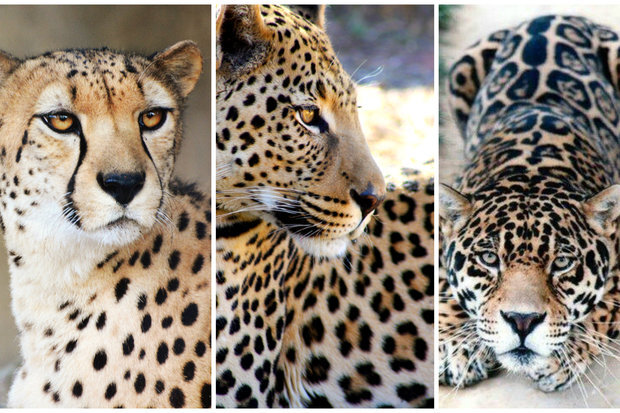DOE, Interpol to cooperate on fighting wildlife trafficking

TEHRAN – The Department of Environment (DOE) and the International Criminal Police Organization will set up a joint committee in Iran to fight against wildlife trafficking, ISNA reported on Sunday.
Referring to the high rate of wildlife trafficking in Iran, Jamshid Mohabbat Khani, commander of the protection unit of the DOE stated that Iran’s ranking in the fight against wildlife smuggling in the world is not desirable. “So, we have decided to form a committee in this regard this year with the cooperation of the Interpol.”
“Related organizations that can be effective will also become members of this committee so that we can follow up on the issue.”
Mohabbat Khani expressed hope that the country's ranking in the field of wildlife trafficking should be reduced to lower ranks, and Iran should be one of the leading countries in the world as it is in the fight against other types of trafficking.
Over 74 wildlife species in the country are on the red list of the International Union for the Conservation of Nature (IUCN), which shows the threats against the country’s biodiversity.
Illegal hunting and wildlife smuggling not only threatens Iran’s environment but also those who protect them, as over 140 rangers have lost their lives defending the country's biodiversity.
According to the international standard, there should be one ranger per thousand hectares, but in Iran, there is one ranger per 12,000 hectares, which means that the number of rangers in Iran is one-twelfth of the world standard, while the rangers protect 11 percent of natural areas.
In addition to poaching, which is on the rise in Iran, illegal wildlife trade has found its way to Iran and unless responsible officials rise to the occasion, it could well have more drastic effects on the country's diverse but diminishing wildlife.
Illegal wildlife trade is indeed a lucrative but immoral job as in many cases high prices paid for rare species. Vulnerable wild animals are pushed further to the edge of extinction when nature cannot replenish their stocks to keep up with the insatiable greed of humankind.
FB/MG
Leave a Comment